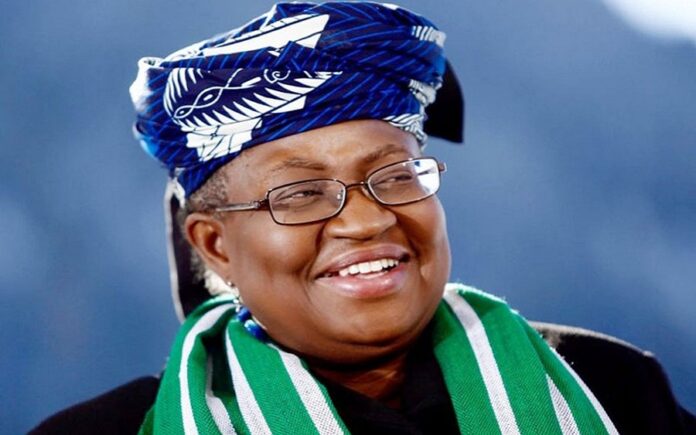Nigeria’s former finance minister, Dr Ngozi Okonjo-Iweala takes, on Monday resumed office as World Trade Organization (WTO) Director-General.
As the first female and first African in this position, she joins other Africans at the top of powerful multilateral organisations – Dr Tedros Ghebreyesus at the World Health Organization, Dr Amina Mohammed at the United Nations and Makhtar Diop at the International Finance Corporation.
There’s a sense that this is Africa’s time at the WTO, and there are great expectations that Okonjo-Iweala will champion the continent’s interests. However, pushing this agenda at the WTO will require strong leadership from African countries rather than an African Director-General.
The WTO is a member state-driven organisation that has regulated global trade since 1995. Its job is a tricky one.
It must foster multilateral cooperation without hindering healthy competition.
The body attempts to set down rules to guide trading among its 164 members and resolve disputes fairly. Forty-four of these members are African.
Another nine African countries hold observer status and some are negotiating accession to the body.
However there’s a perception that African countries have gained little from the WTO. The organisation’s agenda has historically been dominated by the world’s economic superpowers, more recently including China.




